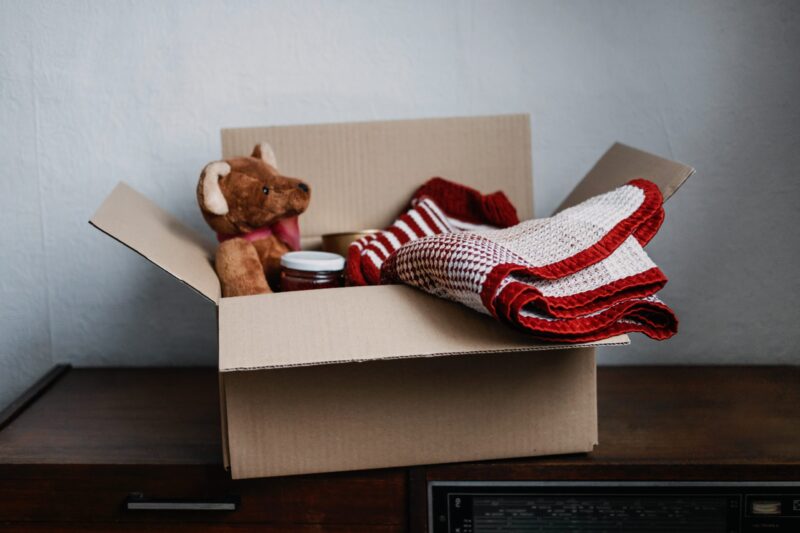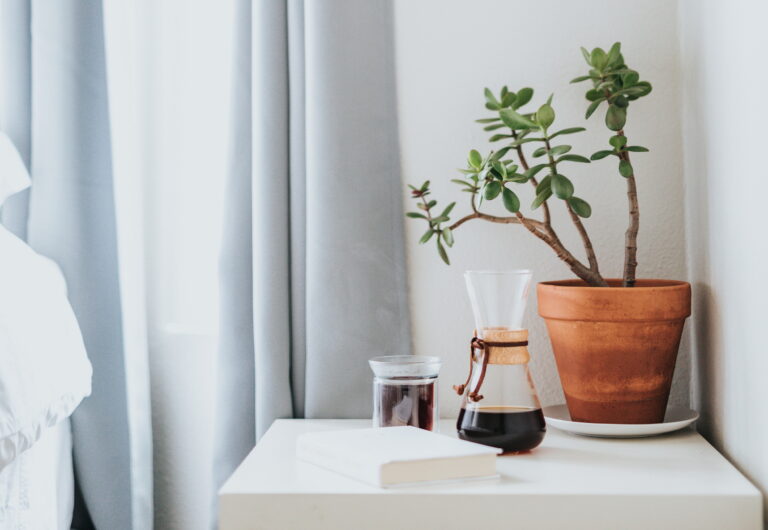Clutter in our homes can lead to clutter in our minds, causing stress and anxiety. In fact, studies have shown that a cluttered home can lead to negative emotions and decreased productivity. But don’t worry, decluttering your home doesn’t have to be overwhelming.
With these 10 easy tips, you can start decluttering your home and improving your mental health today.
Start Small
The thought of decluttering your entire home can be daunting, so start with a small area like a junk drawer or a single shelf. By starting small, you can build momentum and gain confidence to tackle larger projects.
Throw Away, Don’t store it

When decluttering, it’s important to remember the mantra “throw away, don’t store”. Holding onto items that are broken, outdated or no longer serve a purpose can contribute to clutter in your home and create unnecessary stress.
Make a Plan
Create a plan of attack by setting aside time each day or week to declutter. Schedule specific areas to declutter and stick to your plan. Breaking down the process into smaller, manageable steps can help you stay on track and avoid becoming overwhelmed.
One In, One Out
Adopt the “one in, one out” rule. For every new item that enters your home, let go of one item that you no longer need or use.
This can help prevent clutter from accumulating and force you to be intentional about what you bring into your space.
Donate or Sell

Donate or sell items that are in good condition and still have life left in them. Not only will this help someone else in need, but it can also be a rewarding experience for you.
Give Yourself Permission to Let Go
It can be challenging to let go of items that hold sentimental value, but it’s important to give yourself permission to let go. Ask yourself if the item serves a purpose or brings joy to your life. If not, it may be time to say goodbye.
Create a System
Create a system for organizing and storing items. This can include labeling boxes, using color-coded bins, or creating a designated space for each item. A system can help you maintain a clutter-free home and make it easier to find things when you need them.
Get the Whole Family Involved
Decluttering your home shouldn’t be a solo effort. Get the whole family involved by assigning tasks and setting goals together. By working as a team, you can make decluttering a fun and rewarding experience for everyone.
Digitize

Digitize important documents, photos, and other items to reduce physical clutter. Scan documents and save them to a digital file, or take photos of sentimental items and create a digital album. This can also help preserve important memories and keep them safe from damage or loss.
Take it Slow
Decluttering your home is a process, not a one-time event. Take it slow and be patient with yourself. Rome wasn’t built in a day, and your home won’t be decluttered in a day either.
Celebrate Your Success

Celebrate your successes along the way. Take before and after photos to see your progress, reward yourself with a favorite treat or activity, and acknowledge the hard work you’ve put in to create a clutter-free space.
In conclusion, decluttering your home can have a positive impact on your mental health by reducing stress and anxiety. Remember to start small, create a plan, and be patient with yourself. By adopting these 10 easy tips, you can declutter your home and improve your mental health today.

